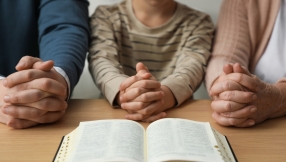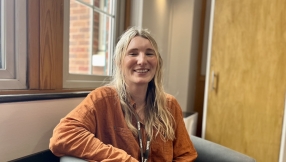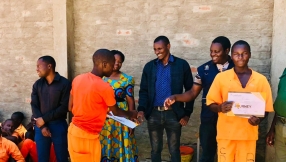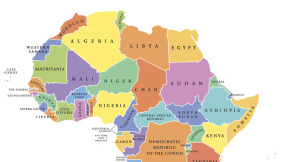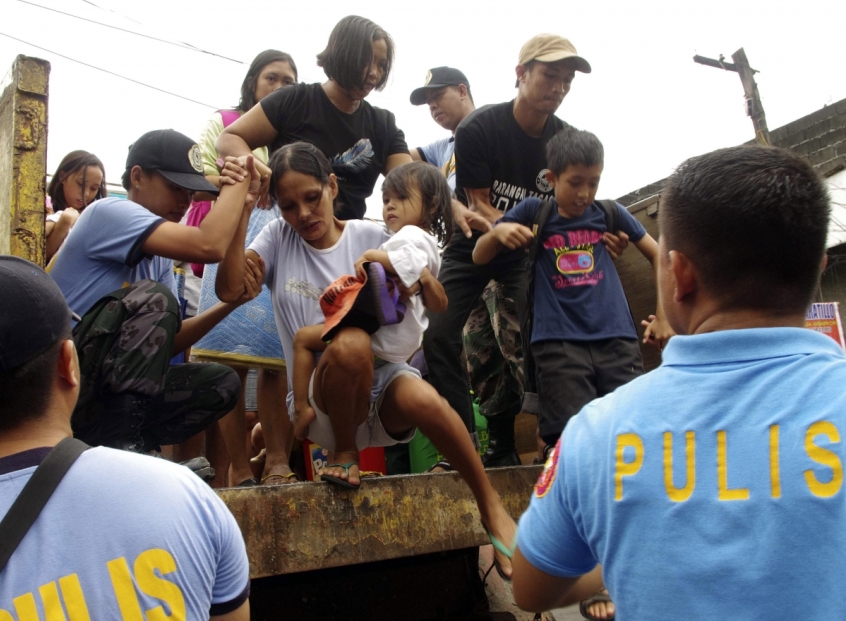
Christian Aid has launched an emergency appeal after Typhoon Haiyan brought destruction to parts of the Philippines.
The powerful storm reached wind speeds of up to 200mph and heavy rains have caused flooding, particularly in Tacloban, the capital of Leyte island.
Christian Aid has been involved in the evacution of around 150,000 people, coordinated by the UN and government agencies.
Christian Aid is especially concerned about the poorest communities in Leyte and the island of Samar.
In Bohol, thousands of people are still living in tents after losing their homes in an earthquake three weeks ago.
The storm is making its way across central Philippines and is expected to move off shore on Saturday morning.
Alwynn Javier, Christian Aid's Senior Programme Officer based in Manila, said initial reports indicated colossal damage.
"This is on a scale never been seen before," he said.
"It has covered a vast area, including islands where the infrastructure was already limited. Air and seaports are closed, and power lines are down, cutting off entire provinces and leaving many communities stranded."
He said his office had lost communication with affected areas early on Friday morning and would not have a clear picture of the full extent of the devastation for some time.
"Early reports, however, are that damage to buildings and infrastructure is extremely severe," he said.
"We are dealing with so many islands, and with all lifelines cut it's going to be very difficult to assess, but we expect the final picture to be catastrophic.
"A huge evacuation effort took place and so far the death count is low. Even if that remains the case, helping communities recover will take years, as homes, farms and buildings have been destroyed, many people will have lost their ways of making a living. Right now, however, immediate needs will include fresh water, food, shelter and clothing."










